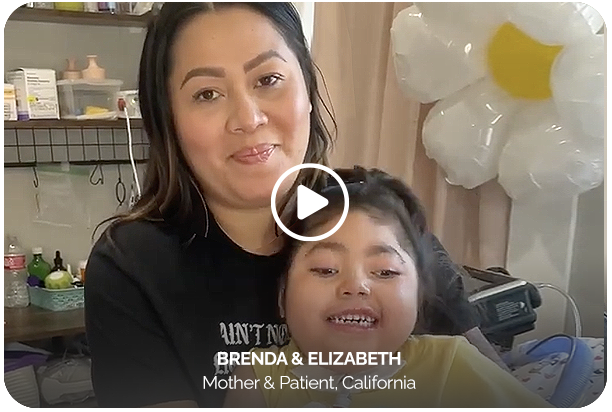Our Mission
Team Select’s mission is to change lives for the better. We advocate for families in need, treat our patients like the heroes they are, and empower our team members to make the world a better place. With more than 15 years of providing quality and compassionate in-home care, Team Select is proud to be a trusted partner in enhancing the well-being of our patients and their loved ones.
Stories of Hope
Don’t take our word for it! Hear from Team Select patients, families, and team members about the positive impact of our home health care. Find out how we make a difference in our patient’s lives and build lasting connections.






